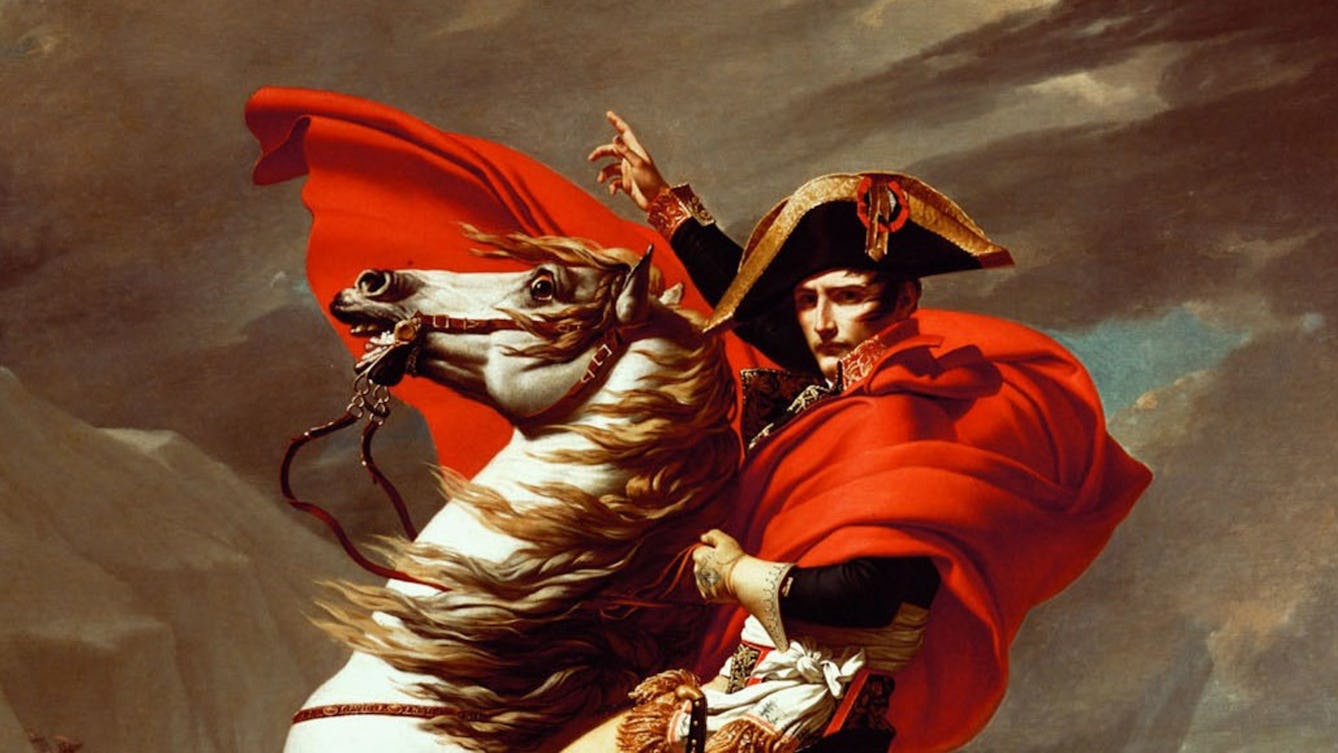
- Article
- Article
Political brilliance and the power of self-promotion
How do you convince people you’re exceptional? Meet the ultimate self-styled genius.

- Article
- Article
Making sunstroke insanity
Medical historian Dr Kristin Hussey takes a closer look at sunstroke and mental illness, and how, in the late 19th century, they connected at the crossroads of colonial science and the idea of whiteness.

- Article
- Article
The unimprovable white cane
Recent technological additions to the white cane aim to make the world easier for visually impaired people to navigate. Alex Lee explores whether new is really better.

- Article
- Article
The secret lives of Britain’s first Black physicians
Dr Annabel Sowemimo explores the web of connections between early Black British doctors, the role of empire in West Africa and the pernicious reach of scientific racism.

- Article
- Article
Why pandemic denial is nothing new
Could today’s Covid-deniers be taking lessons from history? After all, it’s nearly 200 years since frustrations at a cholera-induced lockdown erupted in Sunderland.

- Article
- Article
Bringing Braille back to the modern world
For anyone who thinks Braille is so last century, read on. New tech is helping dust Braille down and bring it to today’s visually impaired people.

- Article
- Article
The extraction of the excruciating bladder stones
Among those vying to find alternatives to major surgery for bladder stones, young doctor Jean Civiale stood out, painstakingly honing a method that was to become the norm.

- Article
- Article
The unearthly children of science fiction’s Cold War
In the 1950s a new figure emerged in British novels, film and television: a disturbing young alien that revealed postwar society’s fear of the unruly power of teenagers.